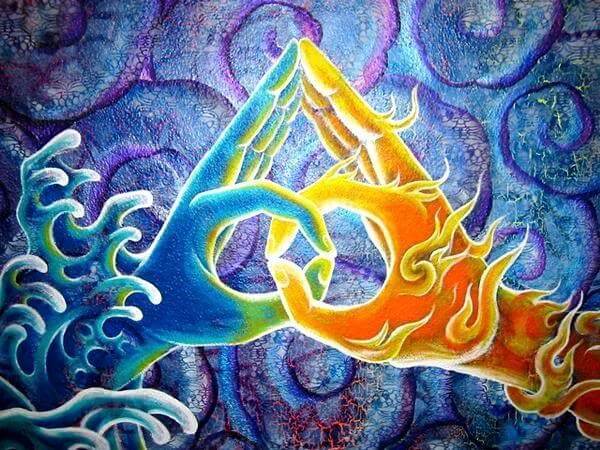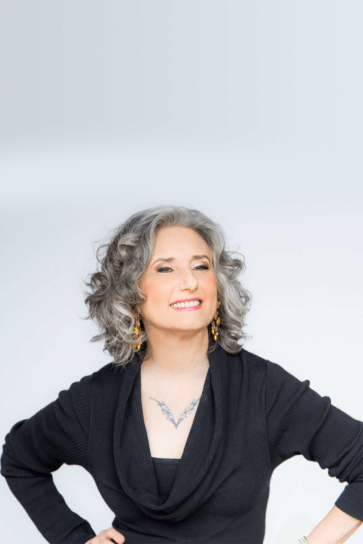Dualistic Thinking
Good/bad. Right/wrong. Productive/destructive. Supportive/unsupportive. Disparaging/praiseful. For those engaged in creative vocations, this type of thinking canbe as damaging as negative self-talk, and even harder to catch. For example, if you say you value process over product, it’s easier to avoid undertaking the types of tasks thathave anything to do with getting your work out into the world. If you’re all about results,then the quality of your work and life may ultimately disappoint you. I believe it is a
worthwhile challenge to notice and begin to renounce this way of operating. (I say ‘operating’ and not ‘thinking’ because we need to allow our dualistic thoughts in order to notice them.) Then we can revise our thinking to better inform our choice of actions. For instance, an actor might ask: Do I need to take bigger risks on stage or do I need to do less? A better question might be ‘what does this role require of me?’ Larger physicality? Going ‘over the top’? Or is this character an introvert? Is simplicity, or even stillness called for? Who knows? But to question your entire approach to acting in a generalized way based on a self-characterization (or someone else’s of you) certainly seems limiting, and can definitely lead to blocks. Instead of asking ‘should I write a comedy or a tragedy?’ a question that could create more of an opening might be ‘what could I write
about?’
We tend to take sides against ourselves. We conclude: ‘I should be more disciplined/I should be more spontaneous’ rather than calmly assessing what is needed at any given time. For example, one way of to approach marketing our creative work besides “more aggressively” or “more creatively” would be to simply ask ‘what do I need to do to promote my art today?’ Well, first you may need to get past not being in the mood. So then you would hopefully at least be willing to turn your mind to your artistic career, how it looks now, how you’d like it to be, and then begin to contemplate what stands between the two. What’s keeping you from being where you want to be? Or before that you might need to do something to get yourself in the mood to even think about your career by reading something inspirational or talking to a supportive friend. I might think about my solo show and ask ‘what could I do to get paid for doing my solo show?’
Start to catch yourself. What conclusions are you drawing about your work or yourself? Do they serve you? What conclusions are you drawing about how you ‘should’ approach your work and career? It might be freeing to consider the opposite approach as being not only available to you, but potentially valid. For instance, sometimes I need to be disciplined, to sit down and do another rewrite of my play. Sometimes, I may need to leave my play alone and not look at it for a month. When is the latter an excuse? When is the former self-destructive? Slippery stuff, to be sure, and certainly beyond any absolutes, moral or otherwise. I guess that’s why they call it Art, not Science!


